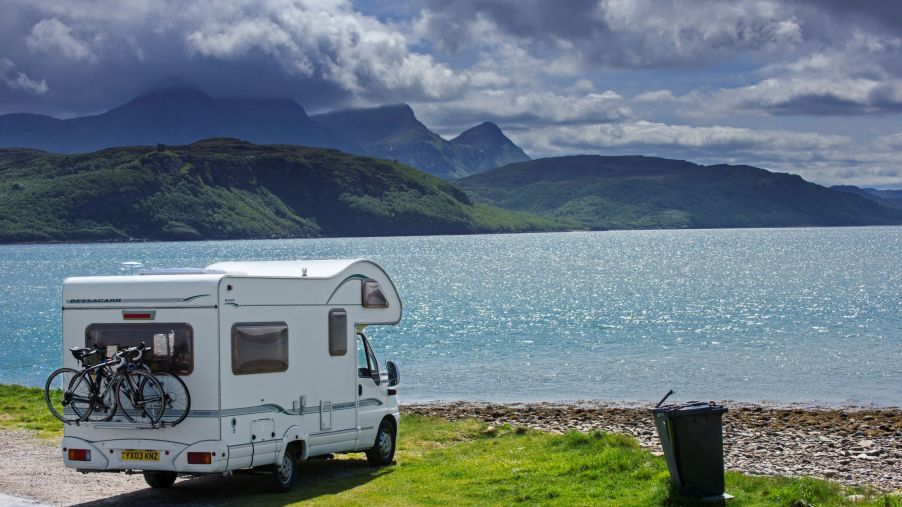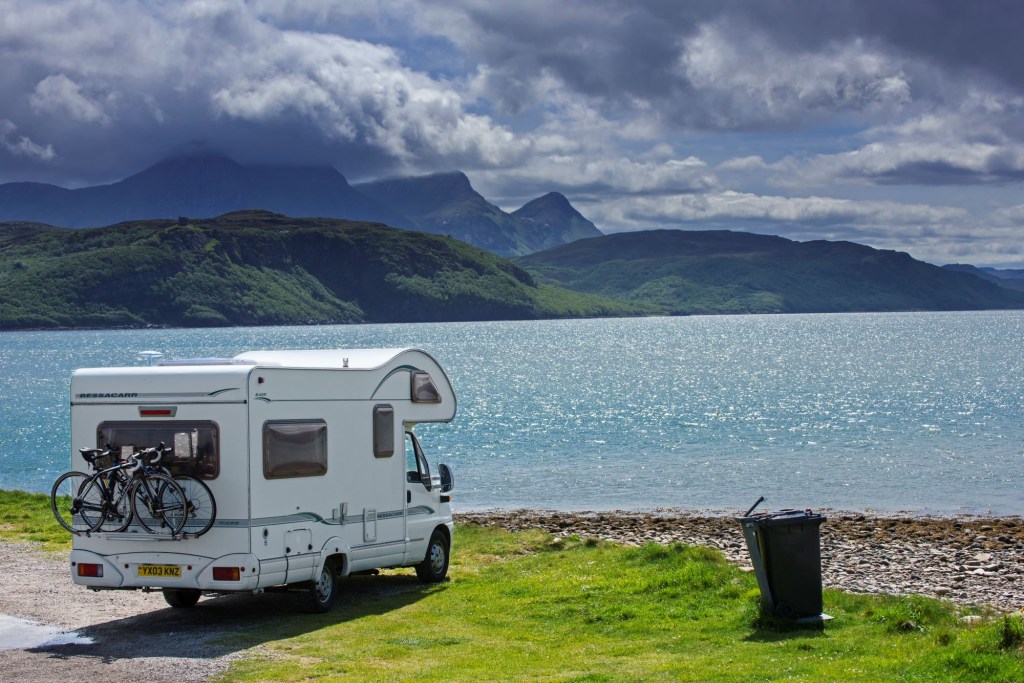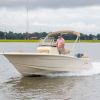
5 Common Mistakes Many RV Travelers Make Their First Year
If you’re a first-time RV owner, you may have quite a few questions when taking your first few trips. While you may receive an instruction manual for operating the RV, it won’t include the kind of knowledge that decades-long RV travelers have about how to cross the country safely, inexpensively, and comfortably.
Luckily, there are ways to ensure you don’t make these kinds of big mistakes that could compromise your safety or turn you off RVs completely.
Forgetting to take care of RV basics before you travel

According to Outdoorsy, you should prepare a checklist before hitting the road. You can find plenty of RV checklists online that include the basic tasks you should complete to ensure safe travel. As you get a few trips under your belt, you’ll doubtlessly add more items of your own to customize your experience.
Your list should include checking to ensure everything is in working order. It is vital to check your brakes, turn signals, tire pressure, and other items to ensure a safe drive. You also want to turn off your water pump and heater before you start traveling. Closing your windows and vents and lifting your tailgate and stabilizer legs are also essential. It also helps to have a checklist of things to do when you arrive, so nothing is forgotten, particularly during setup.
Not bringing certain essentials as an RV traveler
You should also include items that would be difficult to do without on your checklist. Of course, you’ll want to keep your registration, insurance, and owner’s manual in your RV, as you would in your car. Also, keep basic emergency equipment like jumper cables, a tire pressure gauge, flashlight, a toolkit, first aid kit, flares, and similar items.
For travel, you’ll need items like sleeping bags and bed linens, insect repellent and sunblock, clothes appropriate for your travel route and destination, and other gear. You should also have kitchen and toiletry items appropriate to your RV.
You’ll also want to have a portable generator to ensure you can keep things running as long as possible in case of an emergency.
RV travelers relying on online maps too much
As wonderful as today’s navigation tools are, relying solely on them is a mistake. Many navigation services still don’t fully account for back roads. There are plenty of stories of people who blindly followed their GPS and ended up lost with no clear direction to get to where they were going.
Moreover, you may lose navigation in areas where GPS signals are weakened by interference from buildings, mountains, and devices. You could miss a turn while your navigation app struggles to regain a signal and wind up adding hours to your arrival time.
The last thing you want to do is get lost or spend more time on the road than you have to. Make sure to map out your destination the old-fashioned way before you set off. And pay just as much attention to road signs as to your app, if not more. It’s also not a bad idea to map out where you can park for free before you go.
RV travelers not doing a practice run
An RV is not a car. No matter how long you’ve been driving, there are nuances to handling an RV you will only get by practicing. So, it’s best to take a practice run before you set off on your first trip.
Even if you don’t have your RV keys yet, you can take a practice run in a rental. You can avoid careless mistakes, get a feel for vehicle handling and maneuvering, and start to understand what you’ll need to keep in mind during your longer trips.
Whatever you do, don’t make your practice run and your first trip one and the same. You’ll be setting yourself up for a bad first RV experience which could ruin future trips.
RV travelers traveling too fast and too far
It’s tempting to pack dozens of stops on your road trip. But you’ll soon realize that RV travel is longer and slower than traveling by car. Things won’t always go as planned. If you’re furiously driving from stop to stop, you’ll quickly get tired. And exhausted RV traveling is no fun.
You’ll encounter the same problem if your first trip takes you from one tip of the country to the other. You’ll find yourself succumbing to highway hypnosis, fighting creeping fatigue, and struggling to keep your spirits up. Pace yourself with shorter trips before taking your first 2,000 to 3,000-mile journey.
By the time you cross the country or hit multiple states with equivalent mileage, you’ll have a much better sense of what to expect. It’ll be easy to avoid making these and other simple mistakes common to first-time RV owners.


